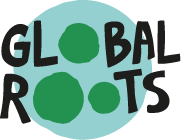
EXPERTLY SAID
To give you a state-of-the-art on sustainable education and the role of art and culture at international level, the Global Roots partners have interviewed a variety of experts.
Listen to our podcasts here and get updated on national agendas and initiatives in five European countries: Hungary, The Netherlands, Germany, Sweden and Denmark.
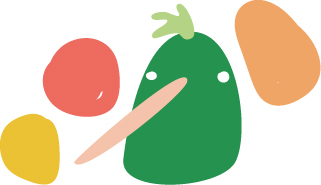

BMMK, DENMARK
This interview is made by BMMK – where Peter Juul, head of education at KUNSTEN museum of modern art Aalborg, talks about engaging adults in art around the children; about transformation of schools and introducing creativity as a key factor in school curricula; and about the understanding of materials.

SIDEVIEWS, GERMANY
Wiebke Janzen (teacher at primary school) and Anja Scheffer (artist at sideviews) discuss a collaboration between artists and schools, sustainability and the City Pharmacy project. They specify particular features of the project such as the intergenerational exchange of knowledge, peer-to-peer work and reflective processes of work and why they are so important for collaborative projects. They also discuss the general boundaries of artistic projects in school and when it is important to go beyond them.

KULTURSKOLAN ÖRNSKÖLDSVIK, SWEDEN
Helene Burmeister, alternate resident of Stockholm and Örnsköldsvik, has been head of art, cultural heritage and outdoor recreation at Örnsköldsvik Museum and Art Gallery for more than a year now. Her work is mainly about working development and arranging attractive exhibitions. Combining culture and outdoor life is a privilege according to Helene, and she believes that both parts are about spiritual well-being. Culture means exposing yourself to things, but it doesn’t always have to be so remarkable; dig where you stand, is a call from Helene.
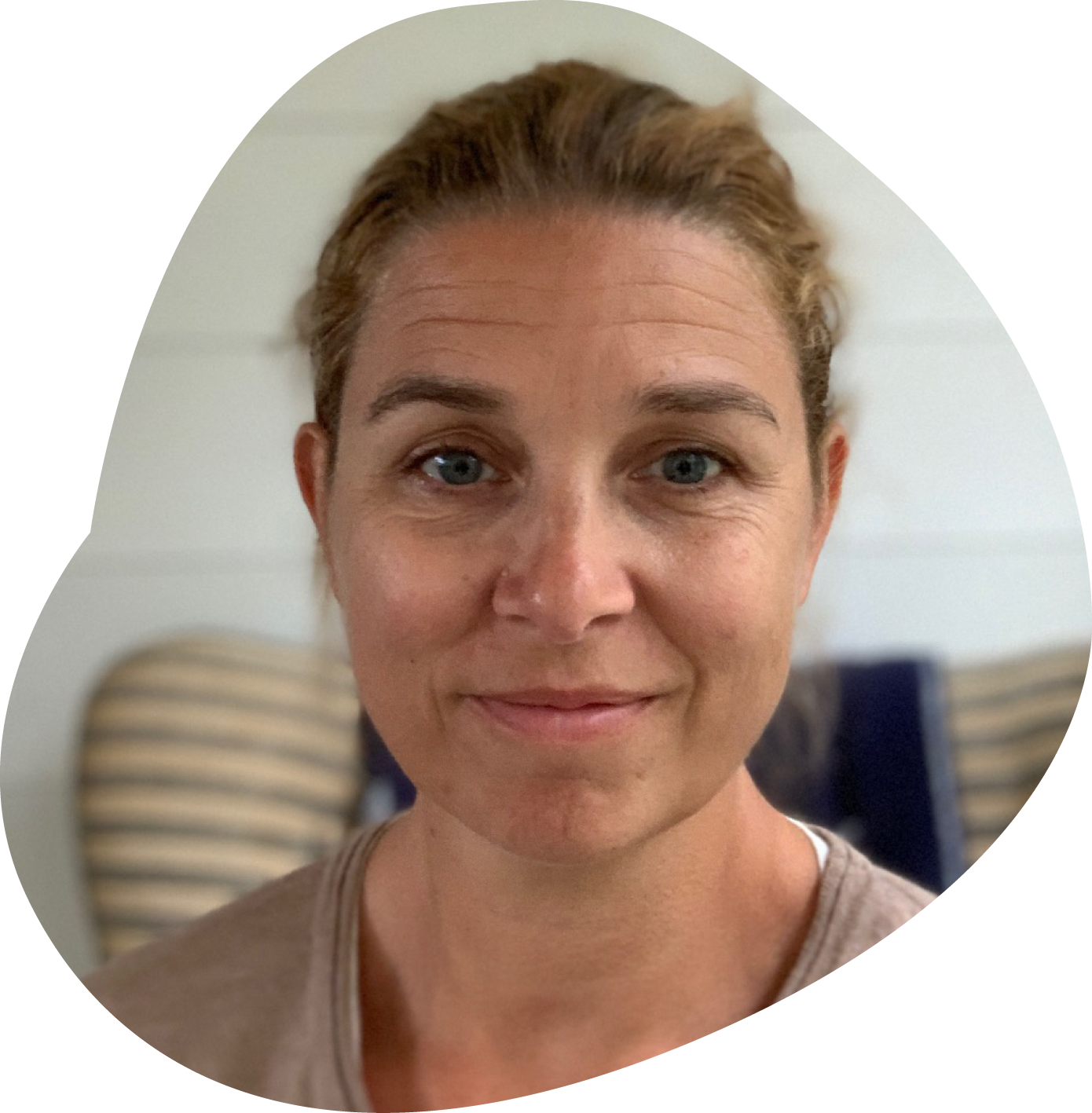
VILLA ZEBRA, THE NETHERLANDS
Villa Zebra interviews Mirjam van Tilburg, docent at the Master of Art Education at Fontys Hogescholen in Tilburg, Netherlands. They dive into the interesting difference in language between education goals and the sustainability goals. They also discuss the role of contemporary art and the artist in education for sustainability. The podcast also highlights the importance of materials and materiality in artistic processes with children.

SPARK THE MOVEMENT, THE NETHERLANDS
SPARK the movement interviews supervisor of cultural education Ronald Kox, National Knowledge Institute Cultural Education and Amateur Art. Ronald Kox: “I am an idealist. Someone who is convinced that the world can become a nicer and better place for everyone if only we are committed to it. In my view, art and culture play an important role in this. The younger you can start your exploration of the world of art and culture, the better it is for you. For your development as a person, for your place in society and for the development of your talents and opportunities in your life.”
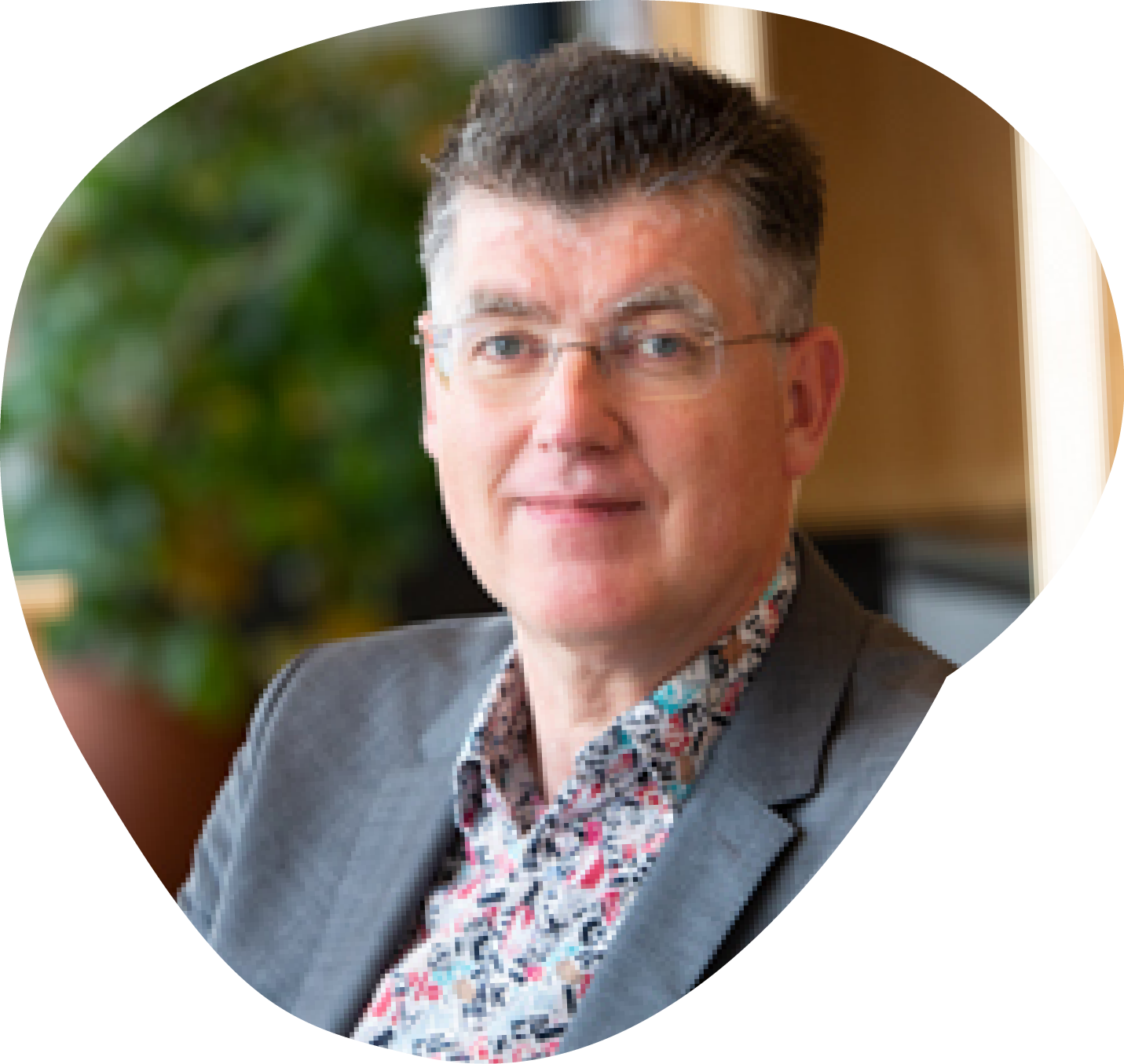
KULTURPRINSEN, DENMARK
Kulturprinsen had a talk with two representatives for Friday for Future in Denmark, Sigrid Skou Hansen and Emilie Overgaard. They present a view on the scope and action of Fridays for Future in Denmark and how they as a youth organisation can contribute to education on sustainable development and children’s rights. During the talk they also highlight examples where artistic and cultural activities work as a source to reflective and involving environments.
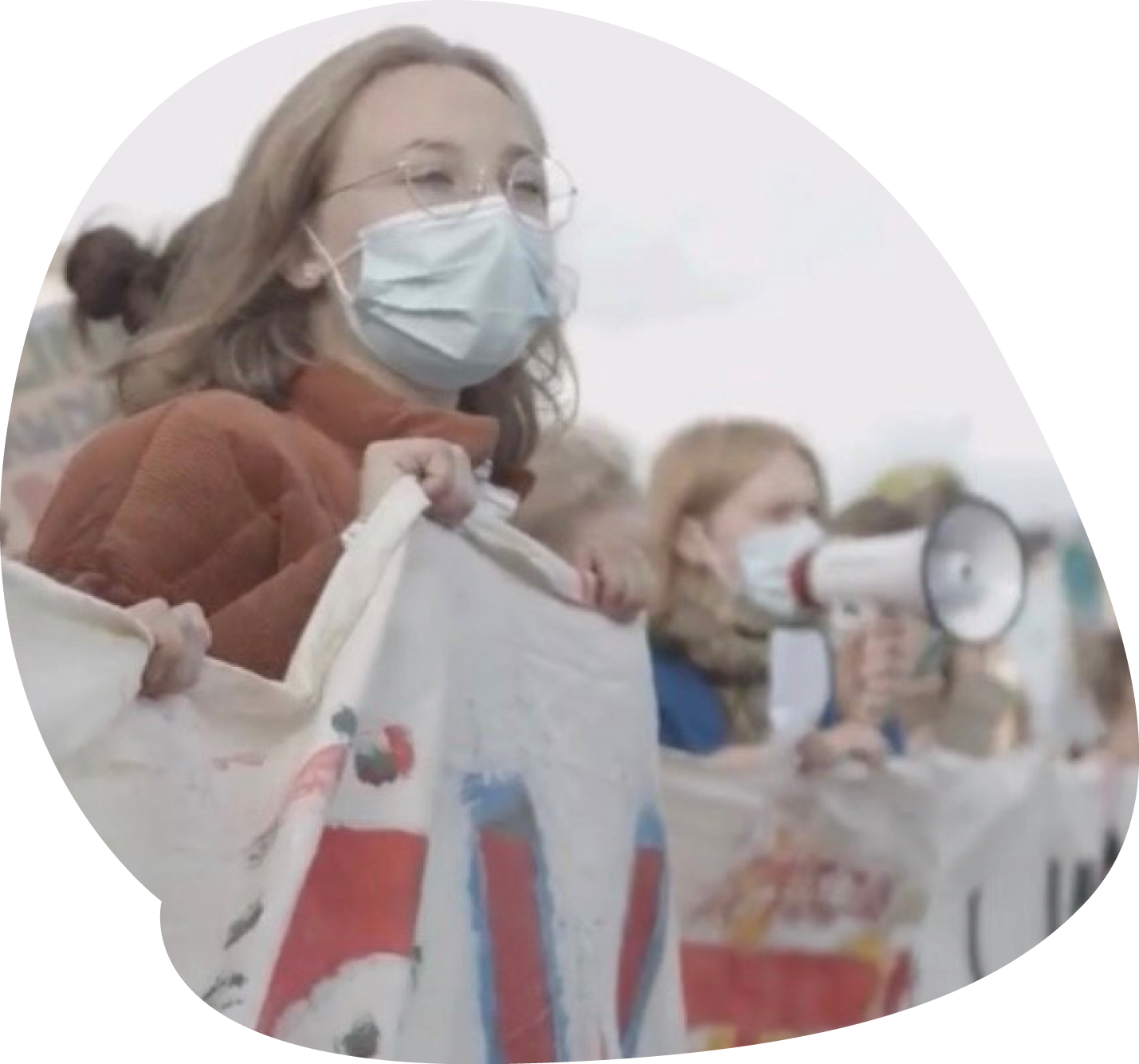
KABÓCA, HUNGARY
Zsófia Balassa, PhD, is a cultural manager and financial leader at Káva Theatre in Hungary. She is an expert in theatre involving students and communities. With her company she regularly works with the topic of sustainability. As a mother of two small children she thinks a lot about the future of our globe and the responsibility of our society.

